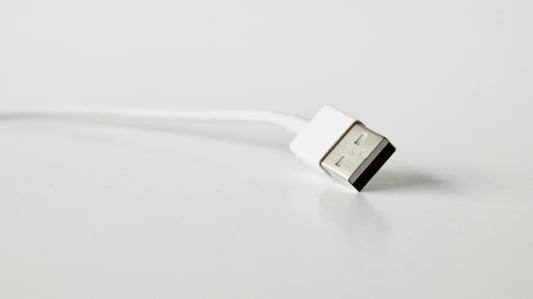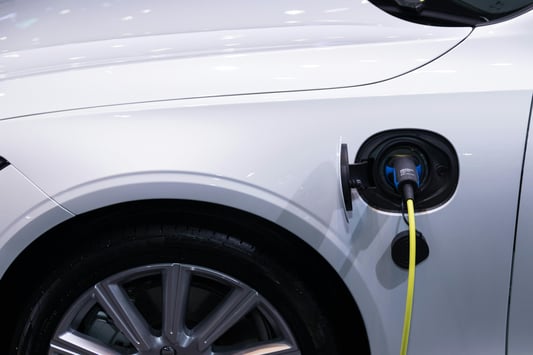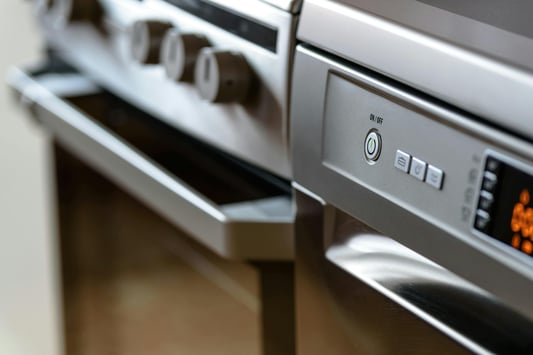Ensuring Regulatory ComplianceMedical Device Inspection is crucial for ensuring compliance with industry regulations and standards. By conducting regular inspections, manufacturers can identify any potential issues or defects that may lead to product recalls or safety concerns.Enhancing Product Quality Regular inspections help in maintaining and enhancing the overall quality of medical devices. By identifying and resolving any issues early on, manufacturers can prevent potential malfunctions or defects that could compromise patient safety.Improving Safety Standards Medical device inspection plays a key role in improving safety standards within the healthcare industry. By thoroughly inspecting devices for any flaws or defects, manufacturers can ensure that patients receive safe and effective products.Preventing Device Failures Regular inspections can help in preventing device failures and malfunctions. By identifying and addressing potential issues before they escalate, manufacturers can enhance the reliability and performance of their medical devices.Meeting Customer Expectations By conducting thorough inspections, manufacturers can meet the expectations of customers and healthcare professionals. Inspected devices are more likely to perform efficiently, leading to improved patient outcomes and satisfaction.Complying with International Standards Medical device inspection is essential for complying with international standards and regulations. Manufacturers must adhere to specific requirements to ensure that their products are safe for use in different regions around the world.Ensuring Product Integrity Inspections help in ensuring the integrity of medical devices throughout their lifecycle. By regularly assessing the quality and performance of devices, manufacturers can maintain their reputation and credibility in the market.Minimizing Risk of Contamination Regular inspections help in minimizing the risk of contamination in medical devices. By following strict inspection protocols, manufacturers can prevent the spread of infections and ensure the safety of both patients and healthcare professionals.Facilitating Post-Market Surveillance Medical device inspection is essential for facilitating post-market surveillance. By monitoring the performance of devices in real-world settings, manufacturers can gather valuable data to improve future product designs and updates.Ensuring Long-Term Viability By prioritizing medical device inspection, manufacturers can ensure the long-term viability of their products. Inspections help in identifying any potential issues that could impact the lifespan and performance of devices, ultimately benefiting both patients and the industry as a whole.Quote InquiryContact us!










